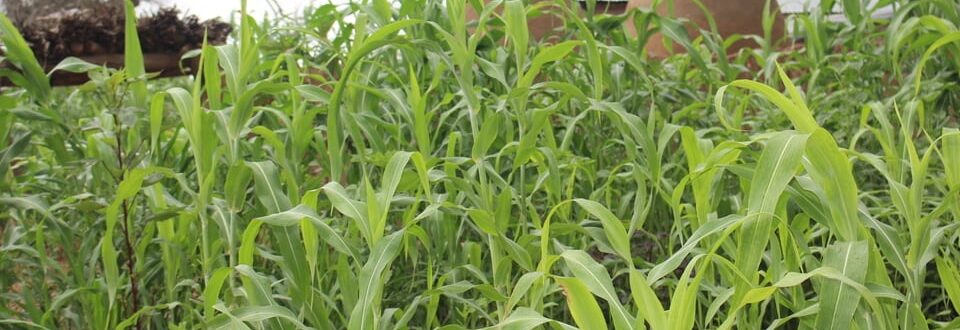Small holder farmers in several communities in the Kassena Nankana Municipal Assembly of the Upper East Region are decrying the absence of post-harvest loss management facilities to address food security issues in the area. According to the farmers, limited access to extension officers coupled with no storage facilities, absence of farming machinery and bad roads in the district is hampering improved agricultural productivity, thereby increasing food insecurity and making farmers poorer as substantial food produce go waste after harvesting.
This situation is rife even in the wake of several government-initiated programs such as the Planting for food and jobs, one district one warehouse, improved mechanization and construction of roads linking various farming communities across the country expected to address levels of post-harvest losses recorded in the country.
This was revealed during a field visit by the Peasant Farmers Association of Ghana (PFAG) to score citizens satisfaction with service delivery on Post-Harvest Loss and Nutrition services available in the district. The exercise forms part of the SNV Voice for Change partnership project with the broad objective of improving service delivery to reduce post-harvest loss and malnutrition.
Abigail Lagamse is a 38-year-old married smallholder woman farmer with 4 children in Korania, a farming community in Navrongo. She has 2 acres of maize, an acre of groundnut, cowpea and sorghum. According to her, she is unable to store her produce and sell them when prices were more favourable. Another farmer, Thomas Nyaaba, a 37-year-old maize, sorghum, groundnut, millet and rice farmer in Punyuro, a farming community near Navrongo lamented that “Farming is so difficult without good proper storage. We cannot even mention a single warehouse in this Municipality”. According to the married farmer with 3 children, he has to resort to bagging and the use of chemicals to preserve his produce which is not the best. “Sometimes we keep our produce in our small local silos.”
According to him, in past they had some red big buildings which served as warehouses and were located in the larger communities but currently they are no more functioning. Thankfully, “we hear that government is embarking on One District One Warehouse policy. We hope to get one in this area. With this help, our produce will be stored well and attract good prices,” Nyaaba said. “We will be able to take care of our children and ourselves and provide for our extended family members and invest more in farming.” Along with other fellow farmers, Matilda Atobuliko from Doba, another community in the municipality, considers herself lucky to have just 3 acres of sorghum and rice farm. “I don’t have large farm that will give me headache as to where to store my produce.”
Ms. Diana Akumanue is the Municipal Agric Officer in charge of crops. According to her, the Ministry of Food and Agriculture (MoFA) office had two warehouses for input supply to farmers, which were not being used and have consequently been taken over by National Buffer Stock Company (NAFCO). “The Ministry has not built any warehouse for the Municipality. My advice to farmers is that, they should come together and erect their own warehouses.”
The farmers were also sensitized on their diets and how to improve their nutritional status and help reduce malnutrition among children under 5 and pregnant women in the district. They were encouraged to diversify their foods to get optimal nutrition encouraged to visit the nutrition office for regularly interaction and check-up.


leave a comment
You must be logged in to post a comment.